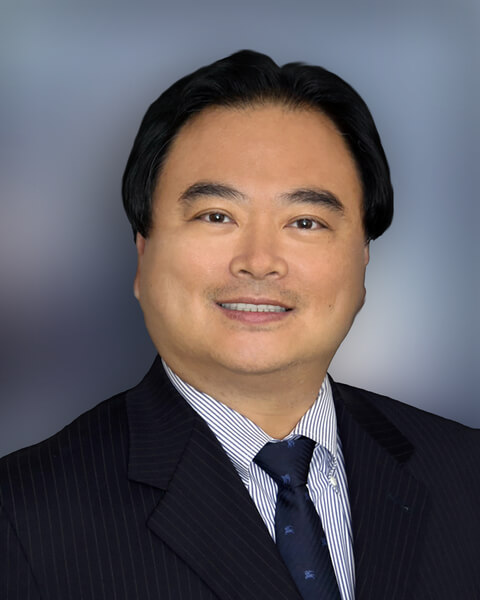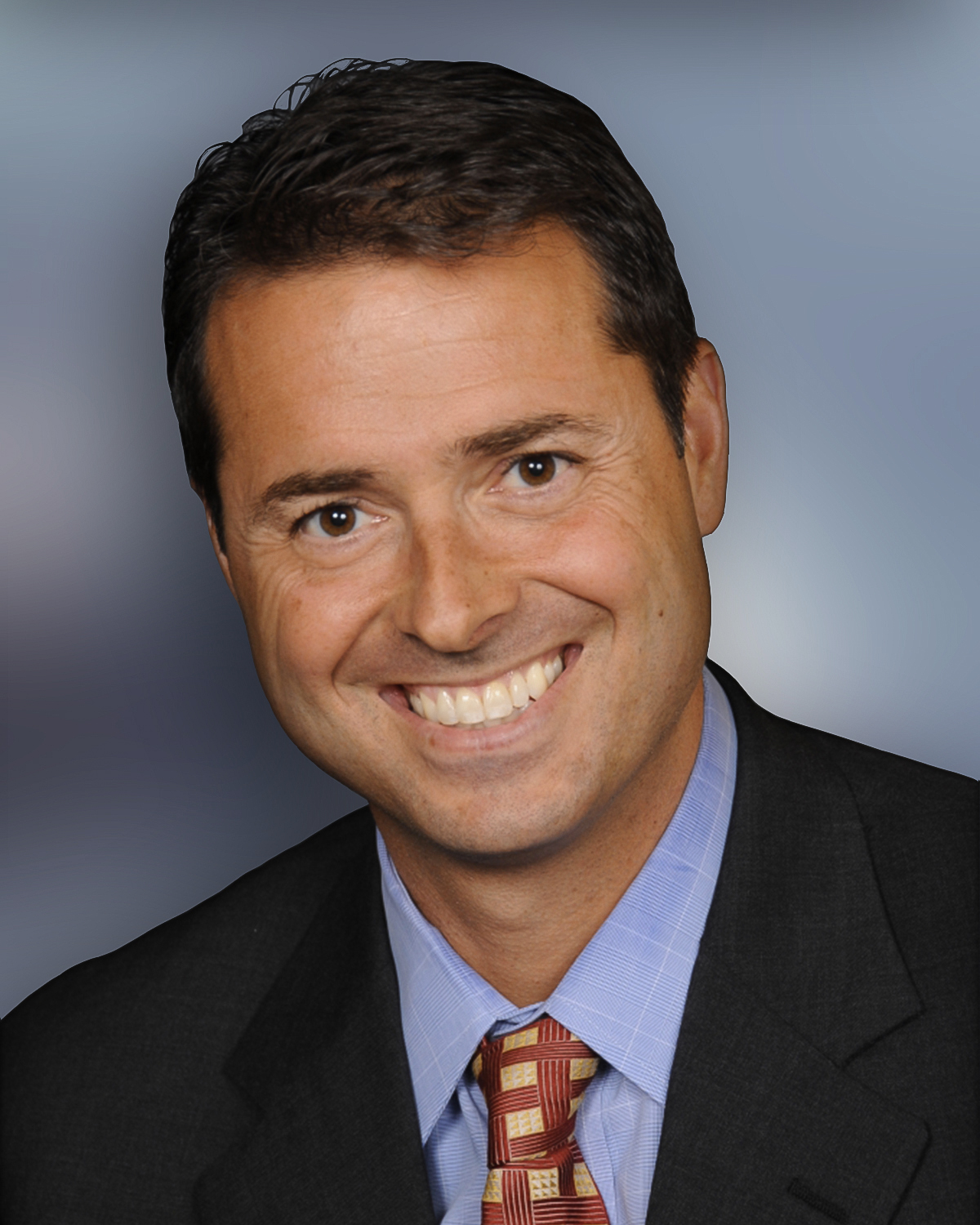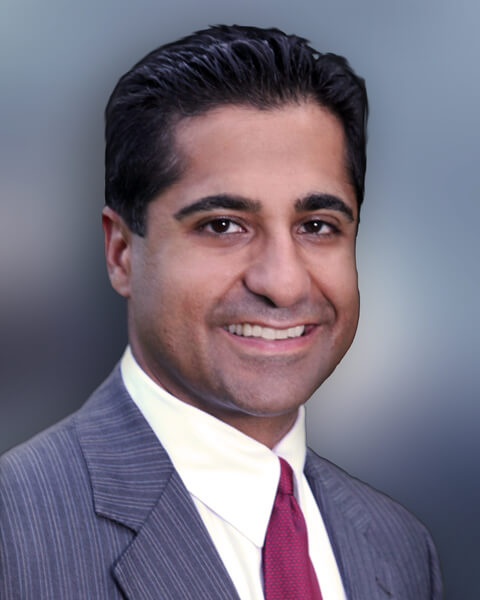ACL Injuries: Doctors, Causes, Symptoms and Treatments
Anterior cruciate ligament (ACL) injuries are among the most common knee injuries. Although prevalent in athletes, ACL injuries can also occur in non-athletes. This injury can be very painful and can cause significant loss of knee function, therefore requiring medical attention.
In the event of an ACL injury, our sports medicine fellowship-trained and board-certified orthopedic surgeons at Seaview Orthopaedic and Medical Associates are here to help. With proven treatment protocols and excellent care staff, we are committed to helping you recover.
Meet Our Orthopedic ACL Injury Specialists
Our orthopedic knee doctors at Seaview Orthopaedics are your trusted institute for a wide range of knee injuries, including ACL injuries. We are committed to providing high-quality specialized ACL injury treatments for our patients.
What is the ACL?
The ACL is a ligament in the center of the knee joint. It crosses with the posterior cruciate ligament (PCL) in the form of an X.
The ACL, together with the PCL, control back-and-forth stability of the knee. The ACL helps to stabilize the knee by preventing the tibia (shinbone) from sliding in front of the femur (thighbone).
Causes and Symptoms of ACL Injuries
ACL injuries are common among those who play sports like soccer, basketball, and football. The ACL may be injured during contact or collision, landing incorrectly from a jump, changing directions suddenly, making lateral motions, or coming to a sudden stop while running. Although common among athletes, non-athletes are susceptible to ACL injuries as well.
In some cases, the ACL may simply be sprained or partially torn. In these cases, a sprained knee may remain stable. In more severe cases, the ACL may completely tear, which will typically result in symptomatic instability. A fairly good percentage of partial ACL tears with continued athletic activity may lead to a complete tear.
When the ACL is injured, you may feel a “pop,” and your knee may give out from under you. The knee usually swells significantly the day of the injury, and it may feel unstable when trying to walk on it. ACL injuries are often painful, due to associated bone bruises and meniscus tears. Full range of motion may be lost due to swelling, pain, and meniscus tears.
If you are experiencing any of these symptoms following a knee injury, you should seek medical treatment as soon as possible.
Schedule an Appointment to Diagnose Your ACL Injury
Treating ACL Injuries
Recommended treatment of ACL injuries depends on the severity of the injury and the patient’s level of activity. At Seaview, Dr. Kenneth Chern, Dr. David Junkin, Dr. Christopher Spagnuola, and Dr. Sunil Thacker, who are fellowship-trained sports medicine specialists, offer both surgical and nonsurgical treatment of ACL injuries.
Following an evaluation, your orthopedic doctor will recommend an appropriate course of treatment.
Nonsurgical ACL Injury Treatment
Nonsurgical treatment may be recommended for older patients and patients with low activity levels who do not participate in high-risk activities that will make the knee shift abnormally and give out. Once an ACL tears, it will never heal again. This is due to the hostile environment of the knee joint. However, nonsurgical treatment may allow active patients to compensate for ACL deficiency.
Nonsurgical treatment for an ACL injury may include a knee brace and physical therapy to regain range of motion and muscle strength to help stabilize the knee. For the convenience of our patients, Seaview offers physical therapy services on-site.
If the patient leads a more active lifestyle, surgery is generally recommended.
Surgical ACL Injury Treatment
ACL tears often cannot be stitched back together, so the ACL is typically reconstructed using a tissue graft. Various different grafts can be used, and our fellowship-trained and board-certified sports medicine orthopedic surgeons will help each patient select the optimal graft. Grafts may be taken from the patient. These are called autografts and include the patellar tendon, the hamstring, and the quadriceps. An allograft, a graft obtained from a donor, may be used instead of an autograft. The graft, through a process called ligamentization, will become the new ACL.
Each patient is different in terms of their ultimate activity level and age. These factors and others will determine what the best graft option would be.
ACL reconstruction surgery is typically done arthroscopically. During an arthroscopically assisted ACL reconstruction, your orthopedic surgeon inserts a small camera called an arthroscope through a small incision. The camera displays images onto a monitor, allowing your orthopedic surgeon to reconstruct the ACL without the need for a large incision. Arthroscopic surgery often results in less blood loss, less pain after surgery, and quicker recovery times.
Another surgical option is the Bridge-Enhanced ACL Restoration (BEAR), an innovative procedure that allows the body to heal a torn ACL without replacing the ligament with a graft. In this procedure, a bridge-like implant is placed between the torn ends of the ACL. This implant is made up of a type of collagen that absorbs naturally into the body and promotes growth of new tissue, thus bridging the gap between the torn ligament.
Recovery from ACL Surgery
Patients who play sports or have physically demanding jobs are able to return to normal activity when there is no more pain and swelling in the knee and full range of motion, strength, and function of the knee is achieved.
Following ACL surgery, it typically takes about 6 months for athletes to return to unrestricted sports, but patients may be able to return to work in as little as 3 months. The newly-constructed ligament must become strong enough to handle the stresses associated with sports activity, including jumping, pivoting, and sprinting.
Participating in physical therapy and following your orthopedic doctor’s instructions are key to achieving the best possible results. On-site physical therapy is offered to allow for greater communication between your doctor and your physical therapist, and to ensure you receive high-quality care throughout the entire treatment process.
ACL Treatment and Surgery in Central New Jersey and Jersey Shore
At Seaview Orthopaedic and Medical Associates, we employ proven treatment protocols to help patients with ACL injuries achieve successful outcomes in recovery. Our fellowship-trained and board-certified orthopedic surgeons and care teams will work with you to ensure that your treatment and surgery (if needed) goes as smoothly as possible. We also have patient advocates available to assist with financial questions surrounding your surgery.
Our Surgical Sports Medicine team, comprised of Dr. Kenneth Chern, Dr. David Junkin, Dr. Christopher Spagnuola, and Dr. Sunil Thacker, are highly skilled in ACL surgery. They are available for appointments at our six convenient office locations throughout coastal Southern New Jersey. If you have any questions about ACL surgery or would like to Book Appointment with one of our orthopedic surgeons, please call 732-660-6200 or fill out our appointment request form.
Schedule an Appointment to Diagnose Your ACL Injury





